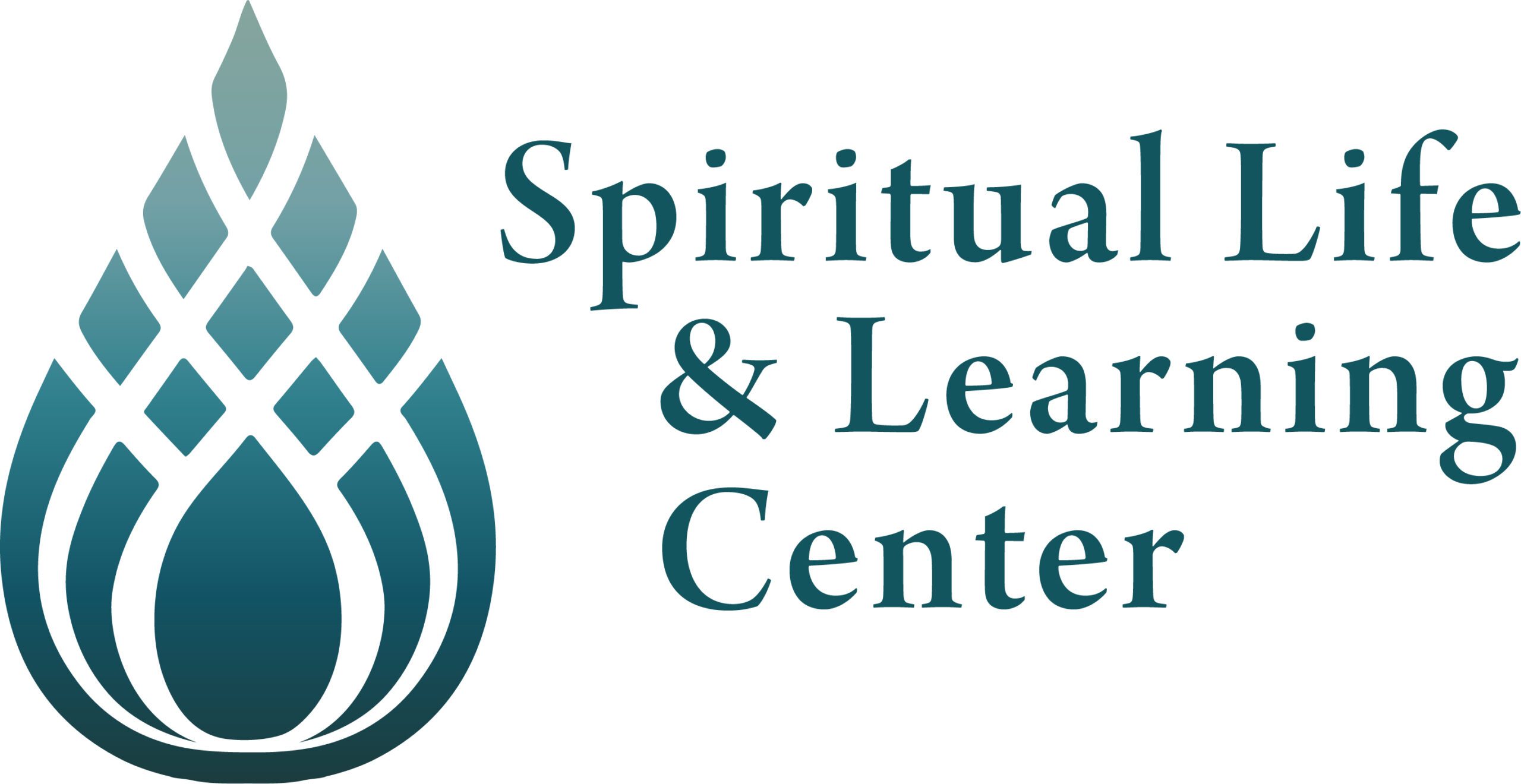“The man who views the world at 50 the same as he did at 20 has wasted 30 years of his life.”
– Muhammad Ali
“When I was a child, I spoke like a child, I thought like a child, I reasoned like a child; when I became an adult, I put an end to childish ways.”
– 1 Corinthians 13:11 NRSV
I recently led a two-part series on understanding fundamentalism for The Burkhart Center. We offered the discussion as a way to try to help others better understand a movement that tends to cause confusion and frustration for many. Having grown up in religious fundamentalism, and grown out of it, I’ve spent the last 20 years unraveling the beliefs of my youth. During this extended period of reflection, I applied the assessment skills I learned as a healthcare clinician to research, listen, observe, and evaluate these beliefs with an intention to be as objective as possible, and, through this process, along with countless conversations with others, I’ve recognized patterns that help provide some clarity for what so often seems to be confounding. As a result of this effort, I am able to offer a unique perspective by integrating elements of theology, psychology and sociology in order to bridge the gap for outside observers. My hope is that by sharing these insights some of the mystery of fundamentalism will be lifted and people will gain an understanding which might lead to more light than heat as we try to navigate our current religious and political divides. David Hett has invited me to share these insights in a new ongoing column featured here in The Burkhart Center newsletter. This is the first in this ongoing series.
One of the foundational keys to understanding fundamentalism is recognizing that its organizational structure is authoritarian. This necessarily means that it is hierarchical in nature, not egalitarian, and accounts for why it is patriarchal. Authoritarian organizations tend to concentrate power among the few or one leader and tend to focus on subordinates’ submission to authority as well as obedience to rules and regulations. Maintaining control is an important element; to that end, so is stifling dissent. People who tend to favor authoritarianism tend to desire order and fear outsiders, and, when they feel threatened, tend to turn to a strong leader who promises to maintain control and prevent changes they find threatening (Taub, 2016).
While many believe a fundamentalist is merely one who ascribes to the fundamentals of the faith as defined by the late 19th-century movement to distill the Christian faith down to its most essential, non-negotiable tenets, religious historian Karen Armstrong defines religious fundamentalism as a militant religiosity pushing back against modernity. Note that in this way fundamentalism is not uniquely Christian nor American nor even necessarily religious. In the scientific method, for a theory to be valid it must be universal. The utility of this definition of fundamentalism is that it transcends time and place making it universal in its application. Religious historians and observers have found that there are common characteristics to fundamentalism that transcend faith or sect. These traits include: authoritarian patriarchal structure, literal interpretation of holy texts, inerrancy of scriptures, a binary, all-or-nothing worldview, tribalist tendencies, opposition to ecumenical and interfaith work, xenophobia, separation from the secular world, anti-intellectualism, opposition to science, separate religious education of children, strict gender roles, oppressive to women, modesty rules for women’s dress, anti-LGBTQIA, view God as the stern judge, favor retributive justice, pro corporal and capital punishment, pro-war, Manichaean worldview, and hold that their understanding of their faith is uniquely the one true religion.
Understanding the interrelatedness of these common traits gives shape to the fundamentalist mindset. To be clear, a group need not display all of these traits in order to be fundamentalist, and there are groups who are not fundamentalist who might also display some of these traits. For the purposes of this discussion, I will be limiting the scope of fundamentalism to the movement within Protestant Christianity in the United States.
As you reflect on these characteristics do you recognize any patterns? Have you noticed these traits within fundamentalism? Do you see how they are interconnected? Does framing Fundamentalism as authoritarian help provide clarity? In what ways does a hierarchical social structure and belief system impact issues of equality?
Having laid the groundwork of what is meant by fundamentalism, its common traits and organizational structure, we can begin exploring more in-depth how these elements are interrelated and how they influence beliefs and behavior.
Recommended Reading:
- The Battle for God: A History of Fundamentalism by Karen Armstrong
- What is Religious Fundamentalism, Brookings, 2012
References:
Taub, Amanda. “The Rise of American Authoritarianism” Vox (March 1, 2016)
Christy Caine is the former Director of The Burkhart Center. Questions can be sent to askus@spiritual-center.org. The views and opinions expressed in this article are those of the author and do not necessarily reflect those of First Community or The Burkhart Center.





